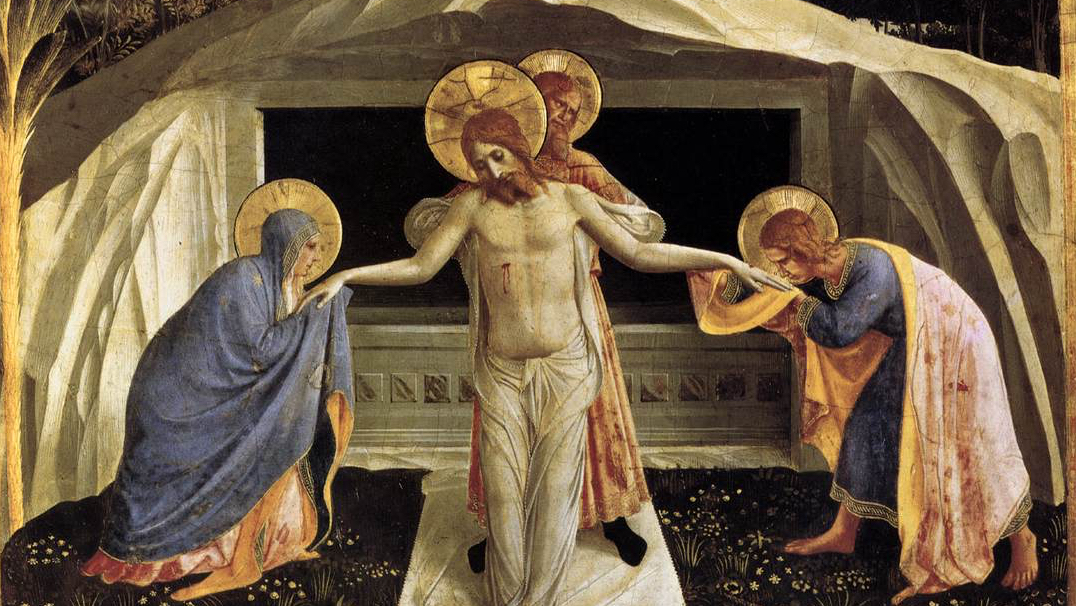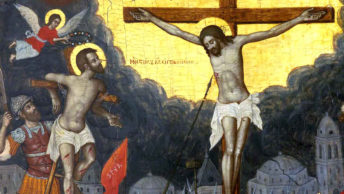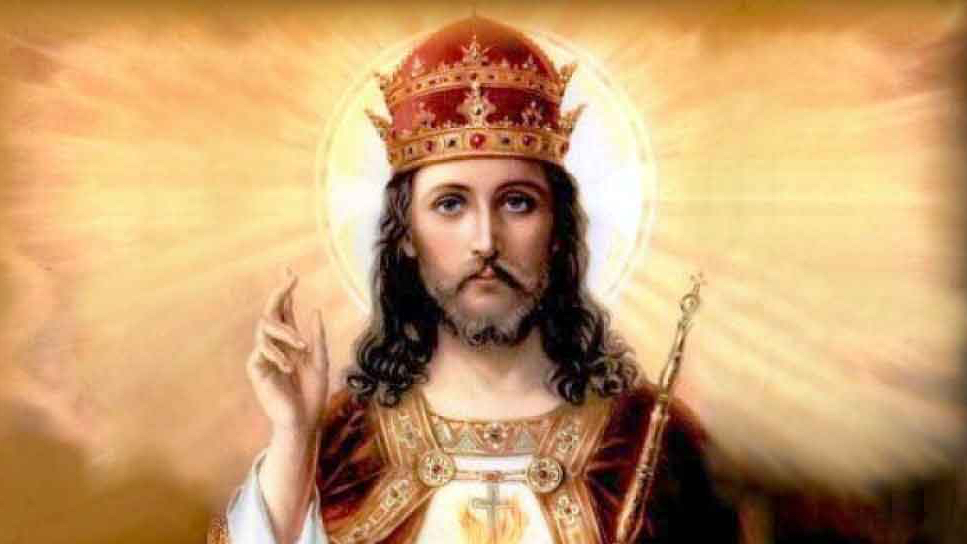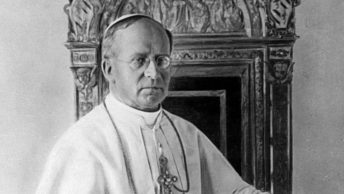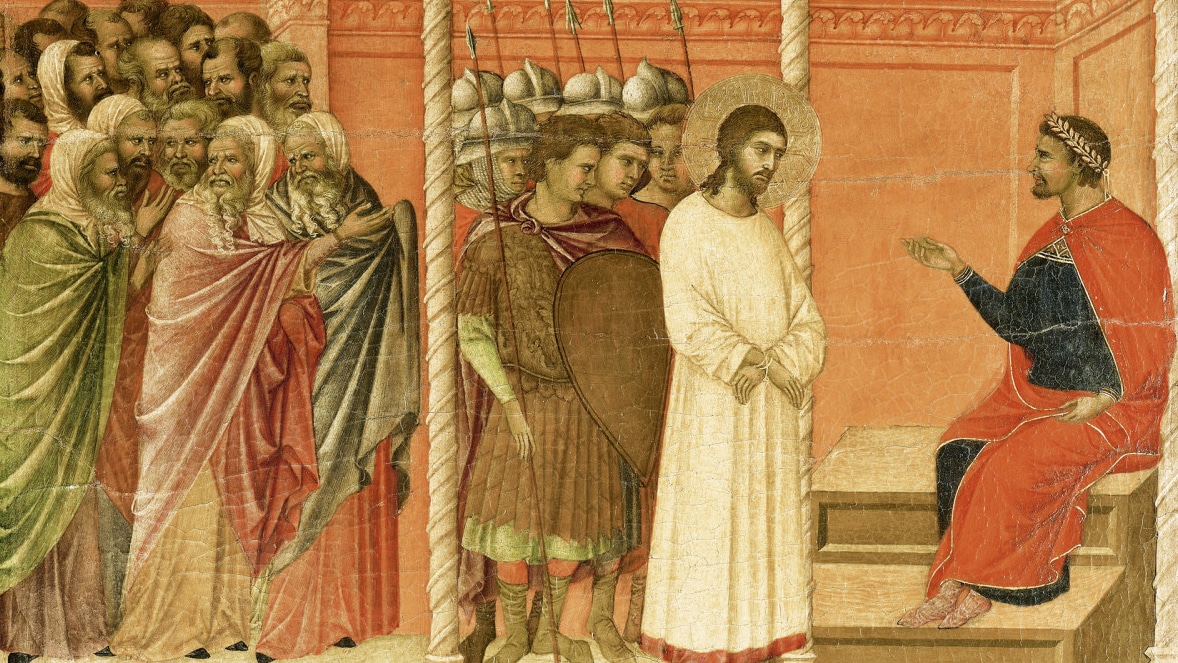If we were to study all the various kings in human history, we’d find some strange and unusual characters. For instance, the ancient ruler Mithridates, king of Pontus in modern- day Turkey, was afraid of being poisoned by his enemies, so he built up an immunity by eating a small amount of poison each day. After losing a war with the Roman Republic, he tried to kill himself with poison so as to avoid capture and disgrace, but this proved to be impossible because of his immunity—so he had a slave kill him with a sword instead. Ivan the Terrible ruled Russia in the 16th century; he was a paranoid who married seven times, never successfully, as he either forced each of his wives to enter the convent, or put her to death. Ivan also killed his son in a fit of rage; afterwards, filled with remorse, he joined an order of hermits. King Henry VIII of England had six wives, two of whom he executed. Henry was a gifted scholar, composer, and musician; as a young man he was handsome, charming, and athletic, but later in life he became arrogant, coarse, and grossly overweight. As a boy, Charles XII of Sweden prepared himself to be king by studying military history and by enduring a harsh or spartan existence in order to build up his strength. He was intelligent but headstrong, and insisted upon crowning himself when he became king at the age of 15. Through his military brilliance, Charles built up a great empire for Sweden— but through his stubborn insistence on war at all times, he lost everything he had gained.
In the 18th century Frederick the Great of Prussia was the easy-going son of a harsh ruler; he attempted to run away with a friend, but the boys were captured and returned to court, and Frederick’s friend was put to death. This changed the future king into a ruthless, cynical, and crafty young man. As king, Frederick proved to be a brilliant military leader; he was also an excellent writer, a lousy poet, a fair composer of music, and a good flutist. Frederick’s cousin George III of England tried to imitate his example; however, George combined limited abilities with world-class stubbornness. As King of England, George had a reputation of opposing every good idea of the age and supporting every bad one; his inflexibility helped provoke the American Revolution. When George went insane, he was succeeded by his son George IV, who preferred pleasure to duty; he himself admitted that he was “rather too fond of women and wine” to be a good ruler. King Ludwig II of Bavaria, who died 130 years ago under mysterious circumstances, was known as the “mad king.” He built the famous, fairy tale-like castle that serves as the model for Disney’s Sleeping Beauty castles, but his unrestrained spending created a financial hardship for the kingdom. Ludwig was also accused of strange behavior, such as dining outdoors in the middle of winter, wearing heavy winter coats on warm summer days, and sending servants halfway around the world to take careful notes on famous examples of architecture.
There have been many strange kings in history, but from a worldly point of view, Jesus Christ is the strangest of all. Unlike earthly kings, He set aside greatness and accepted weakness; He came to serve, instead of being served; He asks us to follow Him, but does not order or command. Christ’s Kingdom is built not on power or wealth, but on truth and love. It takes faith to recognize Jesus as our Lord and King—and we are called to demonstrate this faith by living as His people.
The readings for the Solemnity of Christ the King show that God’s idea of kingship is quite different from our own. Upon the death of King Saul, David ruled in Israel; he became the greatest king in Jewish history, and the royal ancestor of Jesus Christ. However, unlike David’s, Jesus’ rule was not an earthly one, and one of those crucified with Him—traditionally known as St. Dismas, the Good Thief—realized this. In an amazing act of faith, Dismas asked to be part of Christ’s Kingdom, and this request by a dying man was granted by a dying King. As St. Paul says (Col 1:12-20), it was through the blood of the Cross that God made Jesus king of all creation, visible and invisible, both in Heaven and on earth.
Jesus is a very unusual King. He could have used His divine power to establish a glorious earthly kingdom, but He did not. He could have worked great and amazing miracles for the purpose of winning the allegiance and admiration of the people, but He did not. He could have summoned angels from Heaven to save Himself from being crucified, but He did not. Jesus rejected the values and methods of human kings, and if we are to be His followers, we must imitate His example. One of the things this means is rejecting the use of violence. It’s all right, of course, to use limited force to protect ourselves and other people, and as a nation we have the right to defend ourselves, but it’s never acceptable to achieve our personal goals by threatening or intimidating others with violence, whether physical or emotional. This is a message our society and our world desperately need to hear, and we have to proclaim it by our lives.
To acknowledge Jesus as our King means remembering that His Kingdom is not of this world—and so we mustn’t be caught up in a constant search for money, possessions, pleasure, power, and status. Empty values appeal to empty people; Jesus calls us to something better. If we are truly subjects of Christ the King, we’ll remember that He desires everyone to be part of His Kingdom—and so we’ll be concerned with the spiritual welfare of all those around us. This means setting a good example, being involved in our parish, supporting the Church’s missionary activities, and praying for the conversion of sinners. The wishes of our King should be of fundamental importance to us—and Jesus desires above all that His Kingdom be made up of all people: each one of us, and every person around us.
History records the rule of many kings, including the strong and the weak, the wise and the foolish, the holy and the wicked. Their reigns all came to an end, and their kingdoms passed away. There are only a handful of kings in the world today, and their kingdoms will eventually come to an end. There is only one King whose reign will last forever. Faith makes it possible for us to recognize Jesus Christ’s royal authority, and faith challenges us to live as part of His Kingdom.

